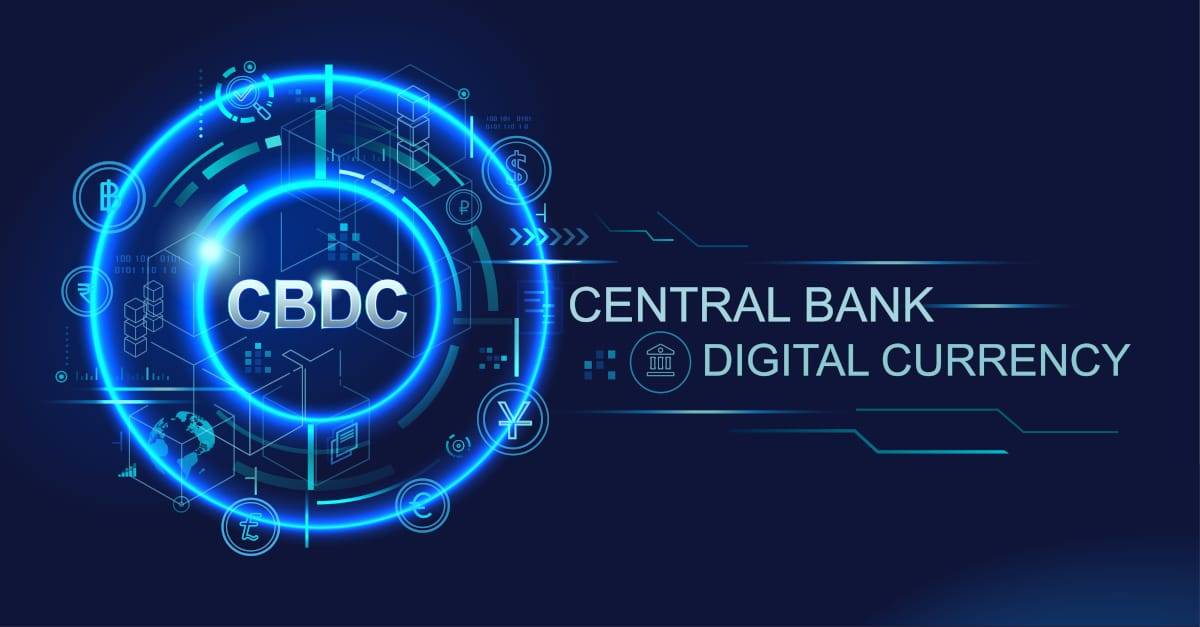Cash is still the most widely used means of payment in the euro area. This is according to a study that the European Central Bank (EZB) released at the end of December 2022. But in terms of value, card payments surpassed notes and coins for the first time. After the Corona pandemic, electronic means of payment are now being preferred.
Supplement to Bills and Coins
However, it may still take time to introduce the digital euro. The central bank recently announced that from November 1, “the regulatory framework for the digital euro will be completed and providers will be selected who could develop a platform and infrastructure for the digital euro.” After two years, the Governing Council will decide whether the way is ready for the introduction of a digital euro. This also requires a legal basis at EU level.
The digital euro is a supplement to banknotes and coins, not a substitute for cash. “The digital euro would be an electronic form of cash for the digitised world. With it, consumers would have the opportunity to use a digital form of central bank money in addition to banknotes and coins,” explains the ECB. Brussels even wants to legislate to ensure that cash is still widely accepted in the EU. Consumers should be free to decide whether to pay cash or non-cash.

Smartphone without an Internet Connection
Like euro cash, the digital euro will have the status of a legal means of payment. This means that traders are obliged to accept it. However, there are exceptions: A small kiosk, which so far only accepts cash because it does not have a card reader, should not be forced to implement the digital currency.
Your Wealth, Our Priority: Altoo's Consolidation Power, Secure Document Management, and Seamless Stakeholder Sharing for High Net Worth Individuals. Preview Platform.
However, the possibilities for use are wide. You could, for example, pay with the digital euro anywhere in the eurozone via your smartphone. It is also planned that the digital currency will also be made available in an offline version. Thus, payments would be possible even when Internet or mobile connections are not working at the moment.
Data Protection concerns
Major US tech companies are increasingly using Apple Pay, Google Pay, and the US giant Paypal as payment services in Europe. Europeans want to oppose foreign suppliers in particular. A digital euro would reduce dependence on international corporations. People will receive a digital currency whose stability the ECB will guarantee.
As with other digital payment transactions, digital euros could also collect information about their respective business activities. The subject of data protection matters for many people. We already hear that complete anonymity cannot be guaranteed, not least because of the rules on combating money laundering and the prevention of terrorist financing. But it is quite conceivable that small amounts can be dealt with with an even greater degree of privacy.
The development and application of digital central bank money is already a topic in more than 100 countries. China, for example, is working on a digital variant of its currency, the renminbi; the Swedish central bank’s E-krona project has advanced. In early February 2023, the UK Treasury and the Bank of England announced that they were considering the introduction of a digital pound.
We think you might like
In case you missed it
Central banks have stepped up efforts to explore the creation of their own stable digital currencies as a result of the significant increase in stablecoin circulation in recent years. We examine the details below. Central bank digital currencies (CBDCs) are created by a central bank and are intended to be legal tender. They provide a […]







